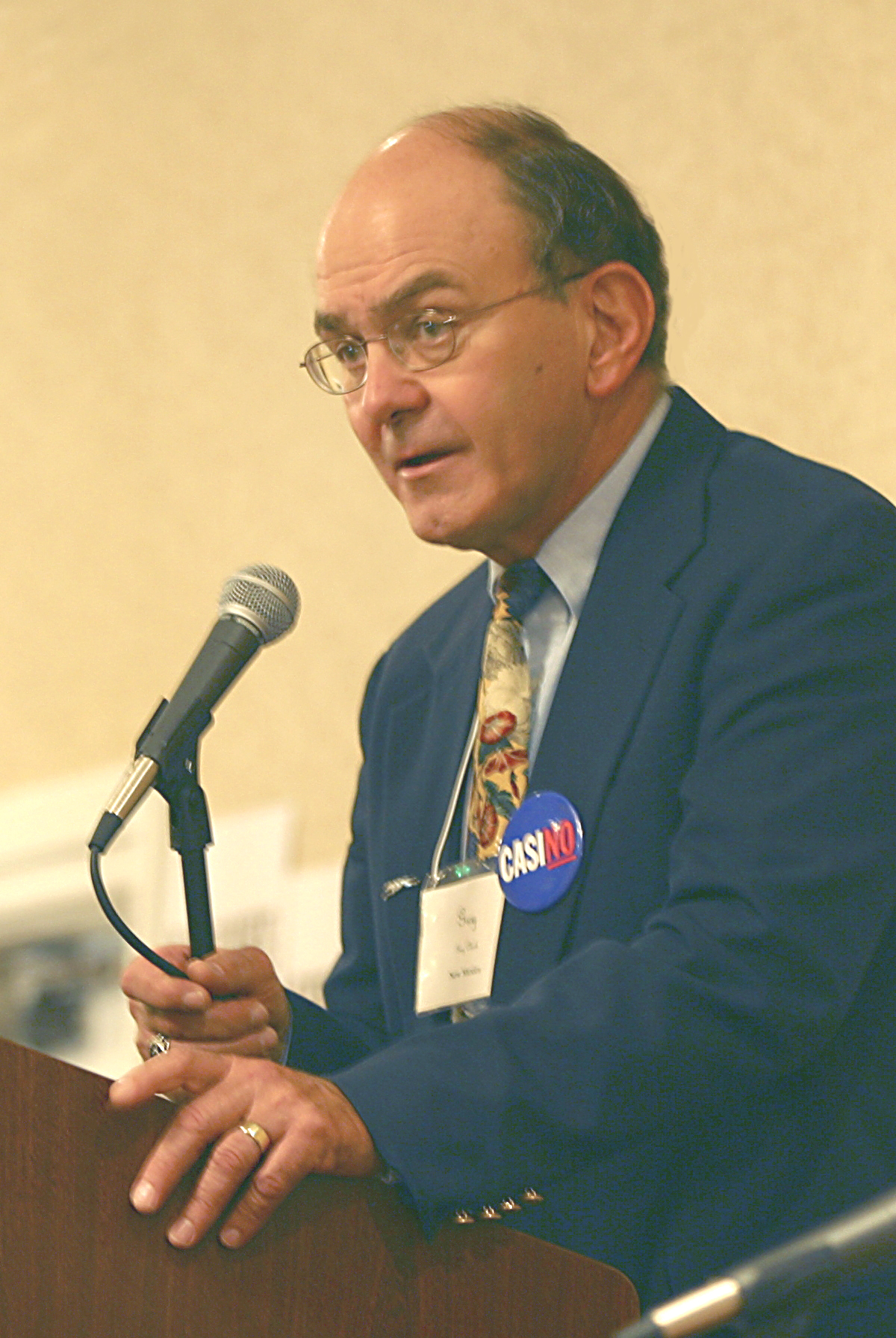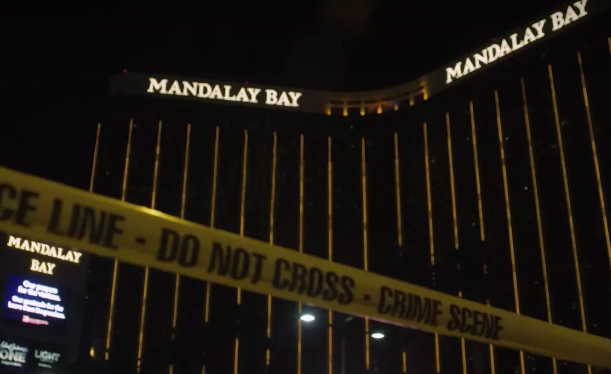Federal Court Rules Against Oklahoma Tribe Opening a Casino in New Mexico
Good news for New Mexico. As reported in the Santa Fe New Mexican about a week ago, U.S. District Court Judge Ellen S. Huvelle upheld a decision by the National Indian Gaming Commission (NIGC) that the Fort Sill Apache tribe of Oklahoma was not eligible to operate a casino in New Mexico. The Fort Sill Apache tribe has owned a roughly 10 acre property at Akela Flats about 18 miles east of Deming, just north of Interstate highway 10, They have operated a smoke shop, diner and convenience store there for years, and slipped bingo in from time to time.
The tribe tried to open a casino at Akela Flats in 2008. The National Indian Gaming Commission shut the casino immediately, and Governor Bill Richardson ordered a state police blockade to enforce the order.
In 2008 the NIGC determined that Fort Sill did not qualify under any of the exceptions to the general prohibition against tribes gaming on lands acquired after Congress passed the Indian Gaming Regulatory Act of 1988.
After losing their battle with the NIGC, the Fort Sill Apaches took their argument to federal court, which has deliberated on and off for years.. Judge Huvelle, the district court judge, dismissed each argument made by Fort Sill. The Fort Sill Apaches will most likely take this battle to the appellate court to try to get Judge Huvelle’s decision overturned.
The Fort Sill Apaches are remnants of the Chiricahua Apache Tribe that was forced out of their homeland in New Mexico by the U.S. Government after the Indian wars in 1886, and relocated in Oklahoma. In 1913 the Chiricahua were offered a choice: they could stay in Oklahoma or return to their homelands in New Mexico. Most returned to New Mexico and are recognized as the Mescalero Apache Tribe, while those who remained in Oklahoma became the Ft. Sill Apache Tribe. The Ft. Sill Apaches operate a casino in Oklahoma.
The Mescalero Apache Tribe, owners of the Inn of the Mountain Gods Resort and Casino, and the potential main competition to the proposed Fort Sill Apache Casino, were very pleased with the judge’s decision.
“We have a shared history as Chiricahua Apache, but they chose to stay in Oklahoma and lost their connection to New Mexico,” Mescalero Apache President Gabe Aguila said. “IGRA was not intended to allow tribes like Fort Sill to game hundreds of miles away. Fort Sill promised Mescalero they would not game here.”
Stop Predatory Gambling New Mexico is also very pleased with the judge’s decision. One more tribal casino would only add to the addiction, poverty, bankruptcy, homelessness, business failures, criminal activity and suicide that we already struggle under.
It’s time for the government to get out of the predatory gambling racket.


